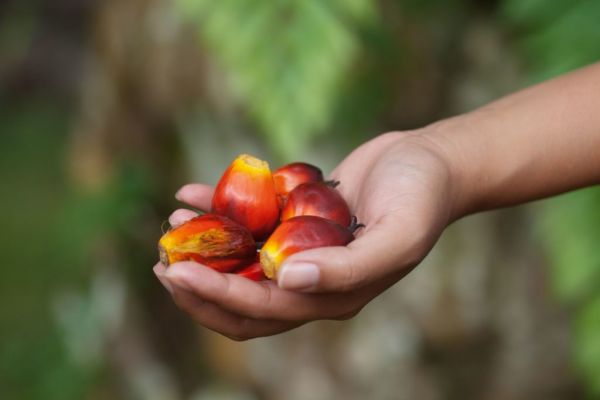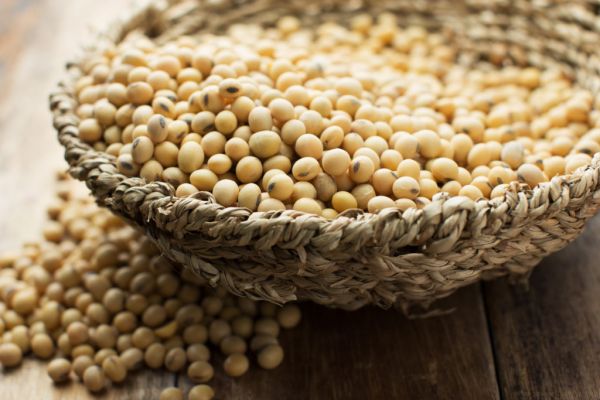Malaysian palm oil producers must use technology to improve yield and compensate for restrictions on land use, as the industry wrestles with concerns about sustainability, the chairman of the Malaysian Palm Oil Council said on Monday.
Malaysia, the world's second biggest palm oil producer, has set a cap of 6.5 million hectares on the area under palm oil cultivation. In 2019, the total area planted with oil palm in Malaysia was about 5.9 million hectares.
Given the restrictions on expanding into new land, Lee Yeow Chor, chairman of state agency and industry body the Malaysian Palm Oil Council (MPOC), said companies should look at other options to increase output.
"The emphasis for the palm oil industry should be looking at how to increase the utilisation of technology in order to improve yields," Lee told Reuters in an interview.
Reliance On Foreign Labour
Lee said the industry was also increasing mechanisation to cut reliance on foreign labour, and seeking to use tissue culture and genomics to make plants deliver more.
Apart from the land issue, frequent droughts and replanting in Sabah, the biggest Malaysian state producing palm oil, will hit output, he said. It takes between three and four years for a plant to produce fruit.
Mohamad Nageeb Abdul Wahab, chief executive of the Malaysian Palm Oil Association - a group representing growers - told Reuters separately the bigger producers were focusing on yield expansion using genome-sequencing.
Palm oil is used in a wide range of products, from snack foods and cosmetics to biodiesel. The commodity is under scrutiny because the producers in Indonesia and Malaysia have in the past cleared forests to make way for oil palm cultivation.
Deforestation Concerns
The European Union last year legislated to phase out palm oil in renewable fuel by 2030 because of concerns about deforestation.
The MPOC's Lee said he expected palm oil to come under greater scrutiny because of the European Green Deal, a proposal by the European Commission to make the EU climate neutral by 2050.
"The best way to overcome the bad perception is consistency and continuous improvement. The Malaysian palm oil industry has a good track record in doing that," Lee said.
He said he expects the benchmark Malaysian palm oil price to range between 2,800 ringgit (€616.39) and 3,100 ringgit (€682.43) per tonne in the next two months, higher than the Monday close of 2,759 ringgit (€607.37), because of limited supplies.
News by Reuters, edited by ESM. Click subscribe to sign up to ESM: European Supermarket Magazine.














